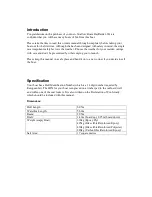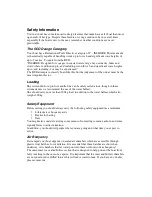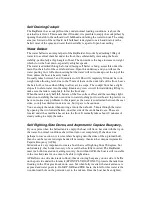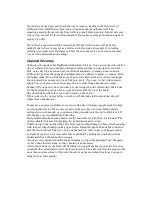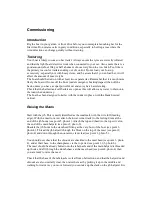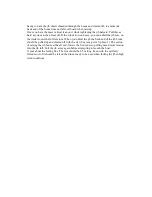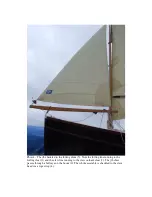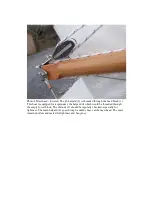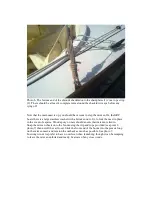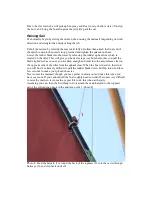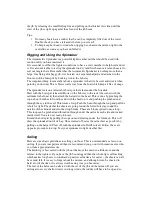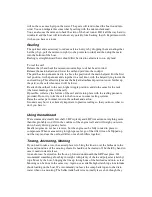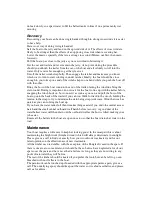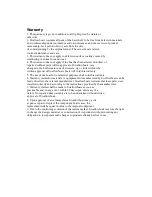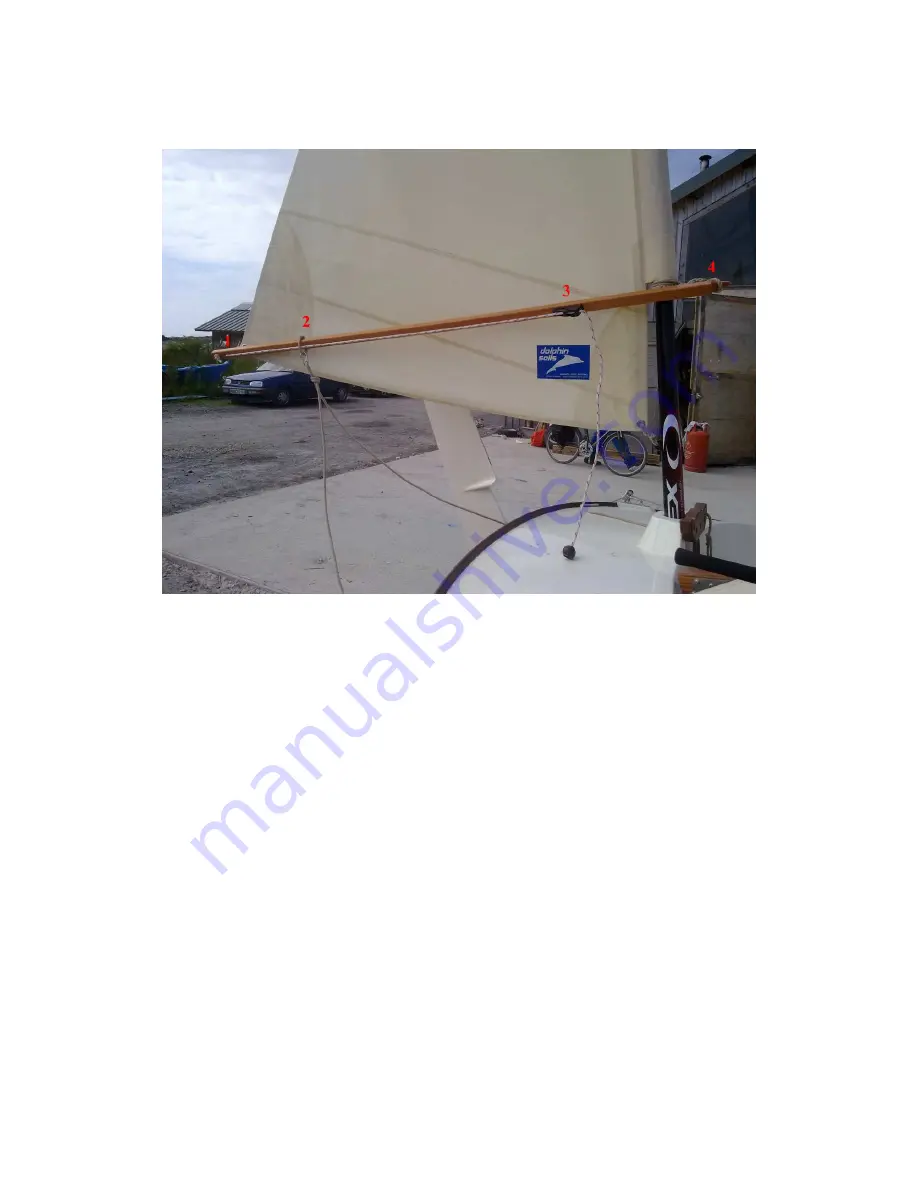
Photo 7: The mizzen setup, with sail set. once unrolled, sit the front end of the jib boom
into the prussic loop on the mast (4), pushing the loop up as far as the sail will allow.
Then tension the outhaul as much as you can, best done by sweating the rope between the
cleat (3) and the end of the boom (1). The mizzen sheets clip on at 2.
With both masts up but no sails set, the boat is ready to be launched.
The First Sail
Pick a fine day for your first sail. We recommend that you don’t invite hoards of people
to a fancy launch ceremony, at least not until you have sailed her yourself first and had
time to familiarise yourself with her without the pressure of onlookers.
Don’t be afraid to cancel if conditions look a little marginal.
When you arrive at the launch site, remove the trailer board (it should stow alongside the
trailer wheel, without need for full removal) and take of all ties apart from the winch
hitch.
Reverse the trailer until the tyres are wet, but not the hubs. THERE IS NO NEED TO
IMMERSE THE TRAILER HUBS TO LAUNCH OR RECOVER HER. If you do
accidentally, then wash them down with fresh water at the earliest opportunity.
Rather than rig a separate painter, we prefer to push the boat off while still connected to
the winch strap (ratchet released). Once started she picks up speed quickly, which should
be regulated by holding the winch strap from running out too fast.



